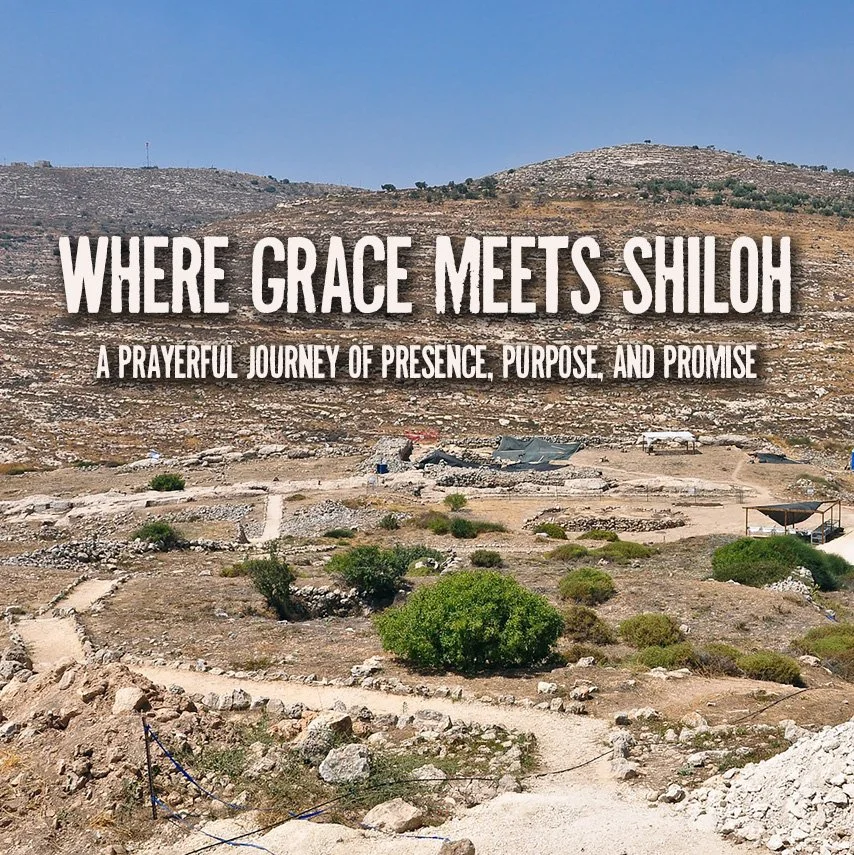A Purpose Forgotten
Where Grace Meets Shiloh: Part 3
August 31, 2025
1 Samuel 4:1-11, Jeremiah 7:12-14
When the troops returned to the camp, Israel’s elders said, “Why did the Lord defeat us today before the Philistines? Let’s bring the chest containing the Lord’s covenant from Shiloh so it can go with us and save us from our enemies’ power…”
…So, the Philistines fought. Israel was defeated, and everyone fled to their homes. It was a massive defeat: thirty thousand Israelite foot soldiers fell, God’s chest was taken, and Eli’s two sons Hophni and Phinehas died.
~ 1 Samuel 4:3, 10-11 (CEB)
_______________
Israel thought that bringing the Ark of the Covenant into battle would guarantee victory. Surely, if God’s presence was with them, they couldn’t lose. And yet they were still defeated. The priests’ sons were killed, and the Ark was captured so the Philistines could mock their God.
The problem wasn’t the battle itself, but the fact that Israel had already rejected God’s presence through corruption and idolatry. In 1 Samuel 3, God tells Samuel that Eli’s family would face judgment for desecrating God’s name.
When things fell apart, the people wanted a quick fix. They used the Ark of the Covenant like a magic talisman or a lucky charm, while ignoring the evil and injustice they had long tolerated.
This story is more relevant for the church today than most of us care to admit. For centuries, we’ve turned a blind eye to evil done in God’s name. We’ve aligned ourselves with power and wealth over justice and mercy. We’ve let politics override the way of Jesus and then put on public displays of faith hoping God will restore our former greatness. But no performance or virtue signaling can substitute genuine repentance.
While parts of the church may indeed repent and thrive, a large majority of the church in our nation finds herself in Israel’s shoes. We have lost our integrity and any credible witness we once had of God’s loving presence among us.
God has not stopped working. In 1 Samuel, the capture of the Ark sets other events in motion. Even now, God is calling the church to repentance. The Spirit is moving in places of hope, love, compassion, and justice beyond our walls, through people we might least expect.
But for our part, we must own the ways we have misrepresented God and live with the consequences. It’s not just about individual morality or living a good life. It’s about our corporate witness, across denominational lines, and the negative image of God Christians have, and continue to put forth in the world.
We are not being persecuted. We are being called to account.
Like Israel, we are being refined by fire, until all that remains is Christ.
For Further Reflection:
Where have we confused displays of faith for actual faithfulness?
What would repentance look like for the church today? Beyond words, in tangible action?


